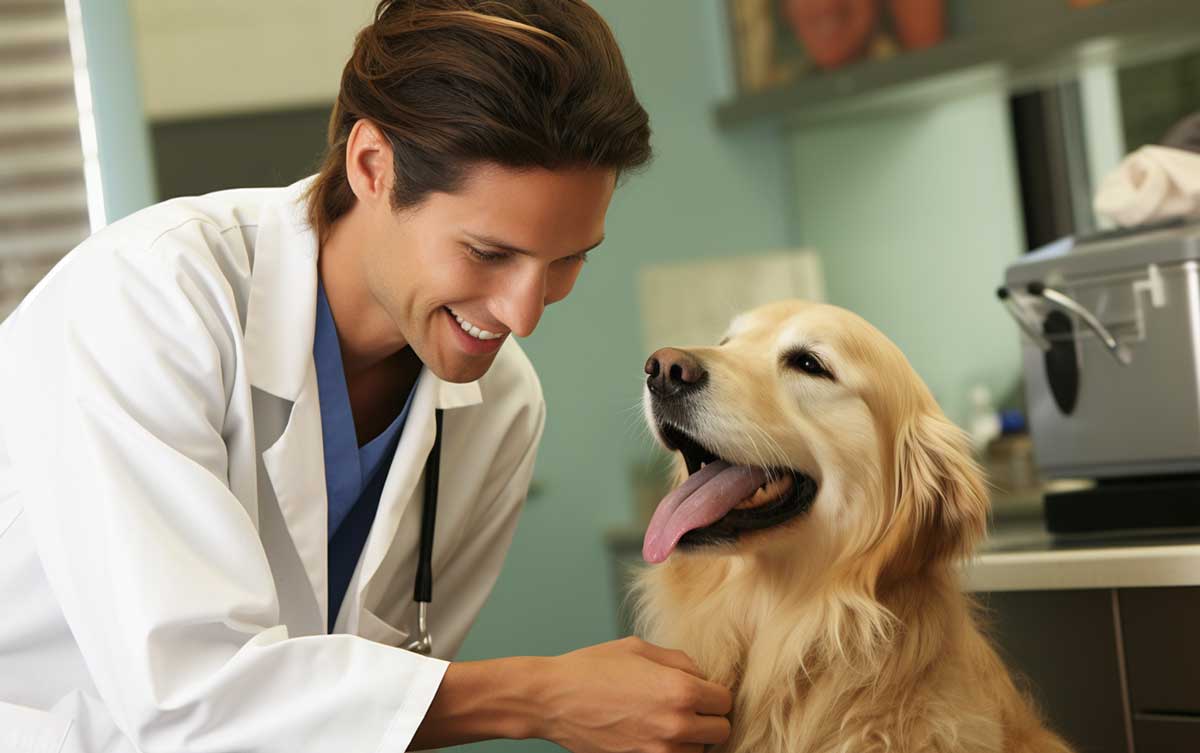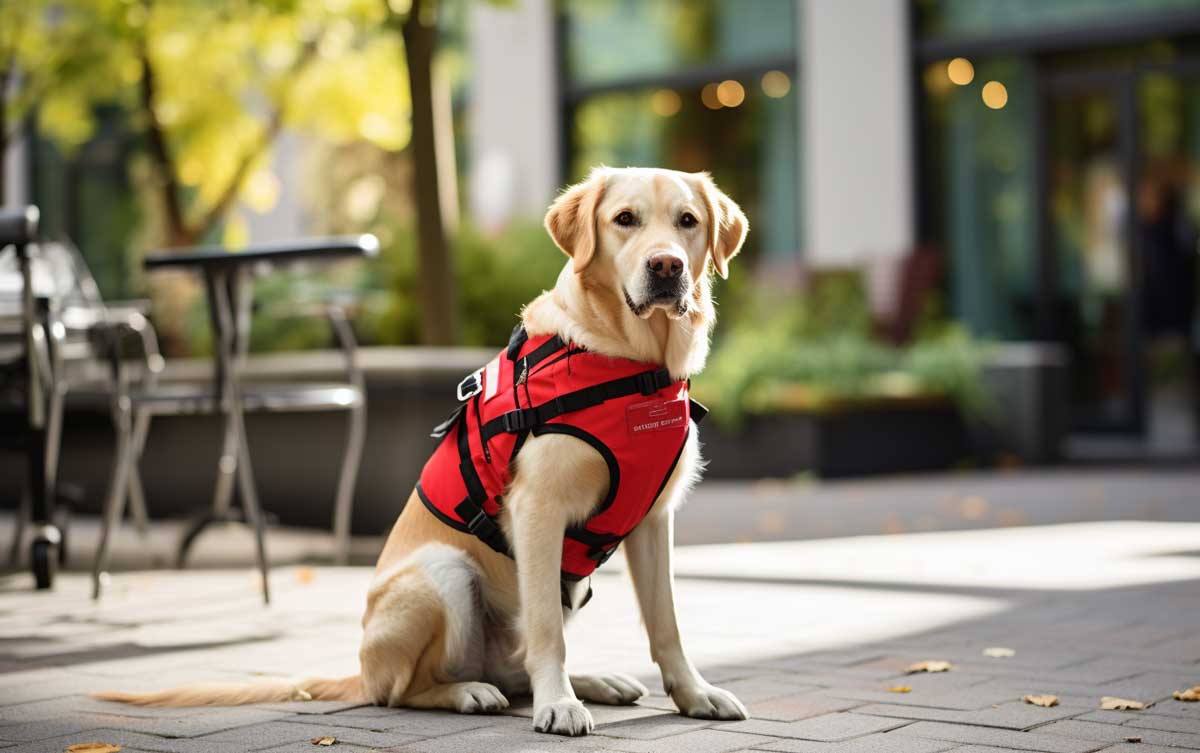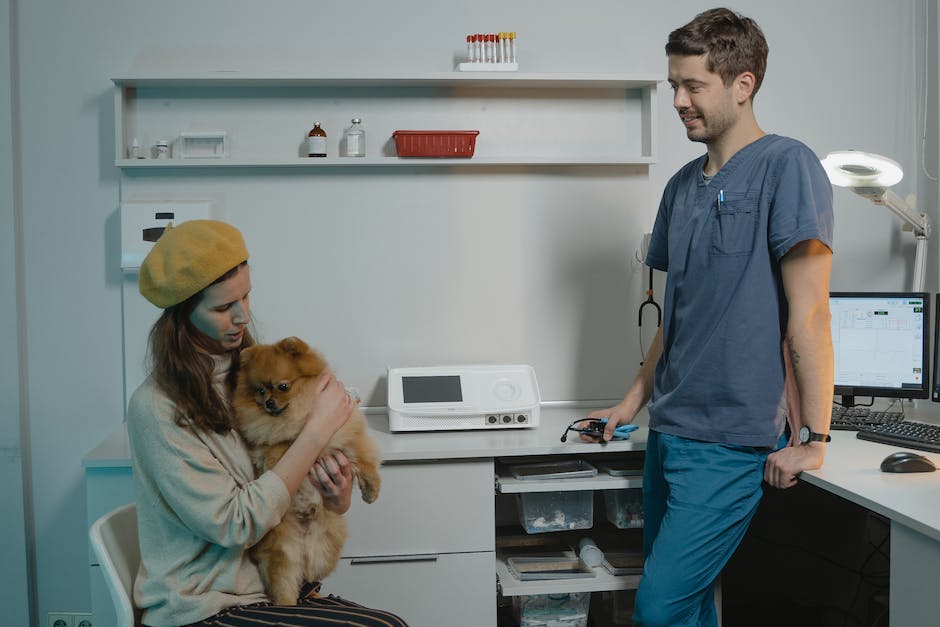As the golden years approach, the comfort of a furry friend becomes even more precious, offering solace in solitude and a beacon of joy in everyday moments. However, with age also comes the challenge of managing the costs and responsibilities of pet care. Pet care can be expensive, and assistance programs can prove a lifesaver for low income families.
This guide explores how to find free pet care for seniors, delving into the options for free pet care services, financial aids, and community resources available.
An Overview Of Free Pet Care For Seniors
Pets have always been a source of comfort, companionship, and love. For seniors, especially those on fixed incomes, the costs associated with pet care can be a significant burden. However, there are several organizations and assistance programs that offer free or affordable pet care services to seniors, ensuring that they can continue to enjoy the benefits of pet ownership without the financial strain.
One such program is "PALS Pets Are Loving Support," based in Atlanta, Georgia. This program is dedicated to helping low-income seniors over the age of 65 maintain their quality of life by providing assistance with the care of their companion animals.
Key Services Offered By PALS:
-
Free Veterinary Care: PALS provides free vet care and pet support. This includes free vaccinations, spaying and neutering, and flea control.
-
Transportation: For seniors who might find it challenging to visit a vet clinic, PALS offers free transportation to vet clinics.
-
Foster Care: In situations where a senior might be hospitalized or unable to care for their pet temporarily, PALS provides free foster care for pets.
-
Pet Food Delivery: Recognizing that some seniors might find it difficult to procure pet food, PALS offers free pet food delivery if needed.
-
Referral Services: Beyond the free services, PALS can refer older adults to discounted veterinary clinics for specific procedures. They also provide a mobile vet for pets that cannot be transported.
The primary motivation behind PALS is the understanding of the profound bond between seniors and their pets. Numerous studies have highlighted the positive correlation between seniors with animals and improved emotional outlook and health stability. Having a pet can provide seniors with a sense of purpose, reduce feelings of loneliness, and offer unconditional love and companionship.
For those looking to support such initiatives, PALS welcomes volunteers and donations. Contributions can be in the form of cash donations for pet food and vaccinations or by providing transportation for vet visits and pet food delivery.
Benefits Of Free Pet Care For Seniors
-
Emotional Well-Being: Pets offer unconditional love and companionship, reducing feelings of loneliness and isolation. They provide a sense of purpose and routine, which can be especially beneficial for seniors living alone.
-
Physical Health: Regular activities with pets, such as walking a dog, can promote physical activity, leading to better cardiovascular health and increased mobility.
-
Financial Relief: With the rising costs of pet care, free or subsidized services can significantly reduce the financial burden on seniors, allowing them to enjoy the benefits of pet ownership without the stress of expenses.
-
Increased Social Interaction: Pets often act as social catalysts. Whether it's chatting with a neighbor during a dog walk or attending pet-related events, they can help seniors engage more with their community.
-
Safety And Security: Especially for those living alone, having a pet can provide a sense of security. Dogs, in particular, can alert their owners to any potential dangers or intruders.
-
Cognitive Benefits: Interacting with pets can stimulate the mind, helping to keep cognitive functions sharp. The routine of caring for a pet can also provide structure and purpose to a senior's day.
Types Of Pet Care Services Offered To Seniors
As seniors age, their bond with their pets often deepens, providing them with companionship, purpose, and emotional support. However, with age also come challenges, especially when it comes to the physical and financial aspects of pet care. Thankfully, there are numerous services and resources available to assist seniors in ensuring their pets receive the best care possible.
Veterinary Care
Regular veterinary care is essential for the health and well-being of pets. However, the rising costs of veterinary services can be a burden for seniors on a fixed income. To address this:
-
Low-Cost Clinics: Many local shelters and veterinary colleges offer low-cost or free-of-charge pet vaccinations. They also provide discounted spay and neuter programs. Some of these clinics collaborate with local veterinarians willing to offer services at reduced prices for low-income senior pet owners.
Pet Ownership Resources
Owning a pet involves more than just veterinary care. Here are some resources that can assist seniors with various aspects of pet ownership:
-
Neighbors: Neighbors can be a great resource for seniors. They can assist in picking up and transporting heavy items like cat litter or pet food. They might also offer to take dogs for walks or help set up online subscriptions for food delivery.
-
Local Service Providers: Platforms like Wag and Rover connect pet owners with local service providers who offer dog walking, pet sitting, and other essential services. Some providers even offer additional services like poop scooping and grooming.
Financial Assistance Programs And Emergency Veterinary Services
Financial constraints shouldn't prevent seniors from enjoying the companionship of pets. Several programs and services can help:
-
National And Regional Non-Profit Organizations: Organizations like the Meals on Wheels Love Pets grant program assist homebound elderly citizens by delivering essential pet supplies and offering services for veterinary care and grooming.
-
Financial Aid For Senior Pet Owners: Various non-profit organizations provide financial aid to senior pet owners. For instance, "Pets for the Elderly" covers adoption fees, including pre-adoption vet exams and spay/neuter costs. The Humane Society of the United States also provides a list of financial aid resources and non-profit pet charities.
-
Short-Term Veterinary Financing: Services like CareCredit for pets offer short-term veterinary financing, allowing seniors to manage the costs of pet surgeries or medical emergencies.
Quality Of Life And Medical Care Services For Pets
Ensuring a high quality of life for pets involves regular medical check-ups, a balanced diet, and ample exercise:
-
Physical Activity: Regular walks can benefit both the senior and their pet. Walking a dog can improve a senior's heart health, bone strength, and overall well-being.
-
Companionship: Pets offer invaluable companionship to seniors, reducing feelings of loneliness and isolation. They also provide a sense of security and can help seniors maintain social connections.
-
Mental Health Benefits: Caring for a pet can have positive effects on a senior's mental health. Interactions with pets release serotonin in the brain, leading to reduced anxiety and stress and a more positive outlook on life.
Who Qualifies For Free Pet Care Services?
Pets play a significant role in the lives of many seniors, offering companionship, love, and a sense of purpose. However, the costs associated with pet care can sometimes be a burden, especially for seniors with limited financial resources. Fortunately, there are programs and services designed to assist seniors in ensuring their pets receive the care they need.
Low-Income Seniors
Many seniors live on a fixed income, which can make it challenging to cover the costs of pet care, including food, vaccinations, and veterinary services. For those struggling with these expenses:
-
Pet Food Assistance: Some local Meals on Wheels programs offer pet-care support to their homebound senior clients. This support can include the delivery of pet food, kitty litter, and other essential pet supplies. This assistance ensures that seniors don't have to choose between feeding themselves and feeding their pets.
-
Reduced-Cost Vaccinations And Vet Care: Keeping pets vaccinated is crucial for their health. Local animal shelters often host vaccine days, providing low-cost vaccinations for pets. Additionally, some public schools, farm supply stores, grocery stores, and drug stores host pet vaccine events. For those living near a university with a veterinary school, they might offer clinic options for reduced-cost care.
Senior Citizens With Limited Income
Even if a senior isn't classified as "low-income," they might still have a limited budget that makes pet care challenging:
-
Discounts At The Vet: It's always a good idea to inquire about senior discounts when visiting the vet. Some veterinary clinics might offer discounts for yearly exams, vaccinations, and other services.
-
Affordable Medication: If a pet requires prescription medication, seniors should ask about generic options and compare prices at different pharmacies to find the most affordable solution.
Service Animals And Their Owners
Service animals play a vital role in the lives of many seniors, offering not just companionship but also essential support for daily activities:
-
Financial Aid Resources: The Humane Society of the US provides a state-by-state list of financial aid resources for pet owners, which can be especially beneficial for those with service animals. These resources can help cover the costs of care, training, and other essential services for service animals.
-
Microchipping And Identification: Some events and clinics offer microchipping services, ensuring that if a service animal gets lost, they can be quickly and easily identified and returned to their owner.
How Can I Access These Services?
The companionship of pets can be a source of immense joy and comfort for seniors. However, the costs and responsibilities associated with pet care can sometimes be a challenge. Thankfully, there are numerous services and resources available to assist seniors in accessing the care their pets need.
Pet Shelters, Nonprofit Organizations, And Other Providers Of Pet Care Assistance
Several organizations and shelters are dedicated to assisting seniors in providing the best care for their pets:
-
Catherine Violet Hubbard Foundation And Animal Sanctuary (CVH): Established in memory of Catherine, a victim of the Sandy Hook Elementary School tragedy, the foundation's Senior Paw Project provides ongoing support to older adults. This includes mobile veterinary services, annual vaccines, medication, monthly pet food support, and temporary housing for pets if needed.
-
Meals On Wheels Loves Pets: A nationwide program that has provided over $2.7 million in funding and pet food donations to local efforts. In 2020, they delivered over 675,000 pounds of food to seniors and their pets. They also connect seniors to veterinary care and other essential services. Seniors can use their locator guide to find a sponsored pet program in their area.
-
The Humane Society Of The United States: They offer online resources for finding pet food pantries and other community services related to pets.
-
The Onyx And Breezy Foundation: Provides grants for various services, including support for therapy dogs of veterans with PTSD.
-
Pets for the Elderly: This nonprofit not only assists seniors in adopting pets but also offers retention assistance, veterinary care, and food support through participating shelters. They provide a comprehensive state-by-state list of resources.
-
Red Rover: A national organization that offers a wide range of animal services and connects older adults with local, state, and national programs.
-
The Pet Fund: Provides financial assistance and acts as a bridge to other programs that support senior pet parents in need.
Contacting Animal Welfare Organizations In Your Community
Local community-based programs can be invaluable resources for seniors:
-
Local Shelters And Rescue Agencies: Many shelters have programs specifically designed for seniors. For instance, Silver Paws foster programs are designed to place older animals in homes, often covering financial responsibilities for seniors, especially when fostering mature pets.
-
PALS: Pets Are Loving Support in Atlanta, Senior Pet Assistance Network in Dallas, PAWSLA in Los Angeles, and The Pixie Care Program in Portland: These are examples of local support models that seniors can access for immediate assistance.
How To Find Financial Support For Your Pet's Needs
For many seniors, pets are not just animals but cherished family members. However, the costs associated with pet care, especially unexpected medical expenses, can be daunting. Here are some tips and resources to help you find financial support for your pet's needs:
-
Pet Help Finder: This is an online tool that allows you to search for pet food pantries, supplies, and veterinary services based on your location. Simply input your city, state, or zip code to find resources near you.
-
Reach Out To Charities: Organizations like the Peanut Fund and Frankie’s Friends provide financial assistance for pets with medical issues in low-income families. They offer grants to help bridge the funding gap, ensuring pets receive necessary medical treatments.
-
RedRover Relief: This organization provides financial assistance grants and resources so pet owners can care for animals needing urgent veterinary care. They also offer assistance for victims of domestic violence and their pets.
-
LIVE LIKE ROO FOUNDATION: This foundation provides support and financial assistance to families whose pets face a cancer diagnosis. They assist with bills for biopsies, medications, growth removals, and more.
-
BEST FRIENDS FINANCIAL AID LISTINGS: This resource provides a comprehensive list of organizations and programs that offer financial aid to pet owners in need.
-
Local Pet Food Pantries: Many communities have pet food pantries that provide emergency food support for cats and dogs. Organizations like C.A.R.E. PET FOOD PANTRY and PAWS Chicago Pet Food Bank offer such services.
-
Temporary Foster Homes: If you're facing a temporary crisis and can't care for your pet, organizations like BLESSED BONDS and TOUCHED BY AN ANIMAL offer temporary assistance to keep pets safe.
-
Crowdfunding: Platforms like GoFundMe allow you to create personal fundraising pages for pet care expenses. Sharing your pet's story and needs can rally support from friends, family, and even strangers.
-
Breed-Specific Assistance: If you have a specific breed of pet, there might be breed-specific rescue groups or organizations that offer financial assistance for that breed's care.
-
Local Animal Shelters And Rescue Groups: Reach out to local shelters and rescue groups. They might have funds or resources set aside to assist with veterinary medical care or know of other local resources.
Getting Free Pet Care For Seniors
While the joy and support pets bring to seniors are immeasurable, the costs associated with pet care can be challenging. Fortunately, numerous resources and services are available for free pet care for seniors to ensure their pets receive the care they need without breaking the bank. By researching and reaching out to these organizations, you can ensure your pet receives the care they need without causing financial strain.
Find out how to get financial aid as a single mom by checking out our detailed guide. Visit Gov Relations and browse through the available resources to learn more.







